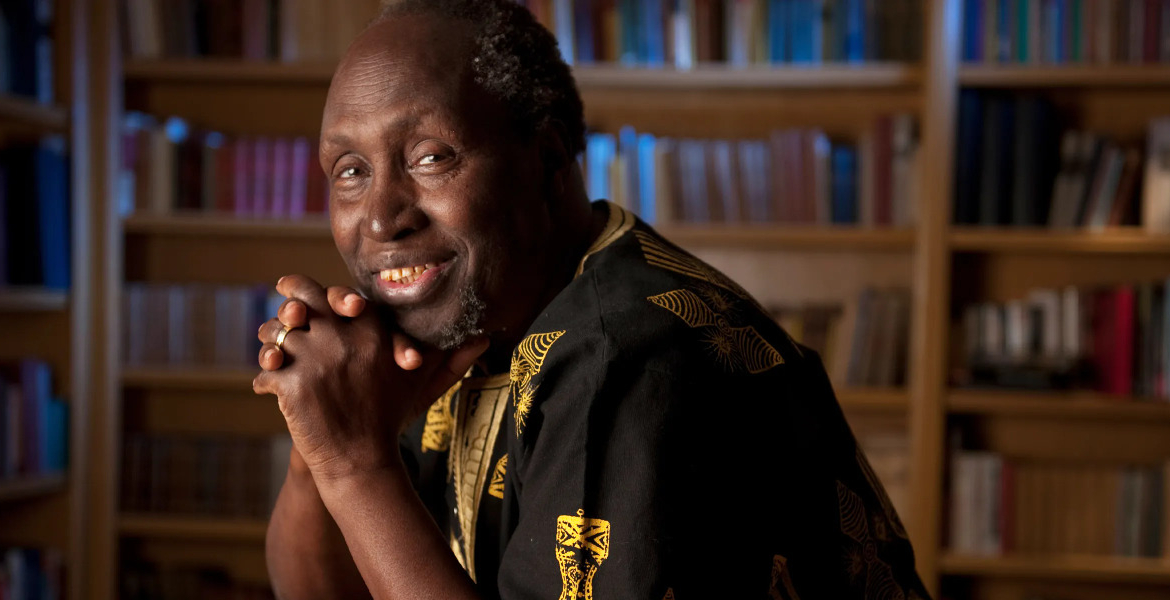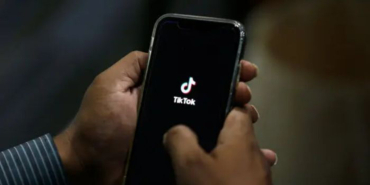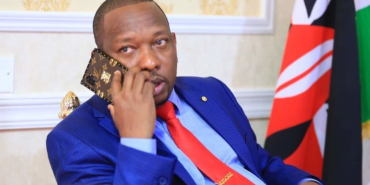Ngugi wa Thiong’o Cremated in the US

Celebrated Kenyan author and towering figure in African literature, Ngugi wa Thiong'o, has been cremated in the United States, honouring his explicit wish to forego traditional burial rites and be remembered instead for his intellectual contributions.
Public memorial events have been scheduled both in Kenya and abroad to honour Ngugi's extensive literary and ideological impact. A gathering is planned at the University of Nairobi's Taifa Hall on June 20th. The full-day event will celebrate his body of work and its profound influence on literature, culture, and political thought. His family, including Wanjiku wa Ngugi and Nducu wa Ngugi, announced the Taifa Hall event via social media.
Prior to the Nairobi memorial, a tribute will be held at the Akazi Gallery in Atlanta, where Ngugi spent his final days. The event, scheduled for June 7th, will be streamed live on the Ngugi wa Thiong'o Foundation's YouTube channel. While the global literary community mourns and celebrates Ngugi's life, a familial rift has surfaced. Prof. Mukoma wa Ngugi, one of Ngugi's ten children and a professor at Cornell University, revealed he has been estranged from the family after alleging that his father had physically abused his mother, the late Nyambura wa Ngugi.
In a recent interview, Mukoma expressed regret over the breakdown in communication, but stood by his decision to speak out. He revealed that he was not informed of his father's declining health or the decision to cremate him, learning about it only from a sibling. He characterised the circumstances surrounding the cremation as contributing to a "family feud."
Mukoma admitted that he struggles with forgiving his father for his past actions, adding, "I cannot say for sure I've forgiven him, but does it matter now, though?" Despite this personal conflict, he emphasised his love for his father, "I love him. I love him with all his contradictions..."
He also noted the unwavering loyalty his mother maintained towards Ngugi during his years in exile, urging her children to support their father. Ngugi wa Thiong'o's passing leaves a significant void in the literary world, particularly concerning his pioneering work championing African languages in literature. His decision to write primarily in Gikuyu was revolutionary, asserting that language is inseparable from cultural identity and resistance against colonial legacies.
Mukoma acknowledged that his father's work on decolonising African literature and thought remains incomplete. He criticises the continued deference of African leaders to Western institutions, citing their reaction to Queen Elizabeth II's death.
"Why would African leaders declare several days of mourning? And more than that, when they travelled to London, they were all put on a single bus," Mukoma pointed out.
Ngugi's career was defined by challenging oppressive systems and reclaiming African narratives from colonial distortions. This unwavering commitment is reflected in his seminal works, including Decolonising the Mind, Petals of Blood, and The Trial of Dedan Kimathi (co-authored with Micere Mugo). Ngugi's decision to forgo a traditional burial has triggered widespread debate about cultural evolution, personal autonomy, and the multifaceted nature of legacy.
Some view his choice as a departure from deeply ingrained Kenyan customs, while others interpret it as an expression of individual freedom and a progressive philosophy. Irrespective of differing views on his final arrangements, Ngugi wa Thiong'o's undeniable influence on literature and socio-political thought stands as his enduring monument. As commemorations take place, his legacy continues to inspire future generations to challenge the status quo and reclaim their own narratives.








Add new comment